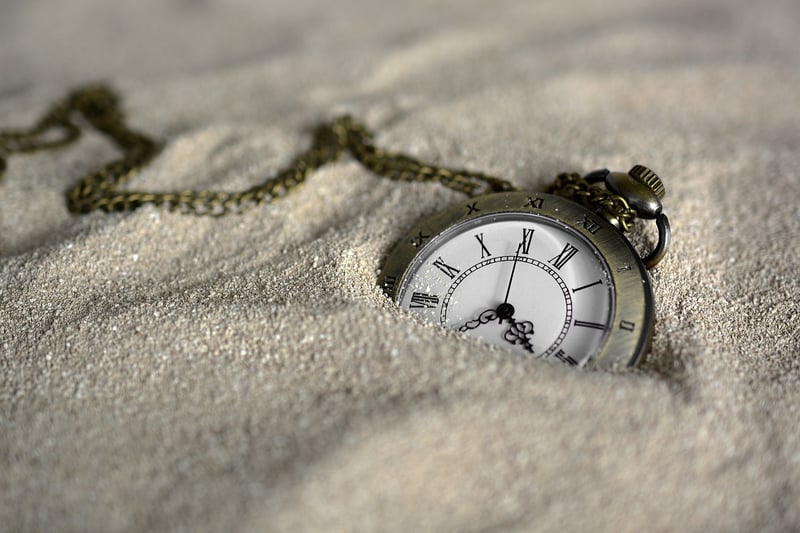Time Loops
The Laws of Time Travel and Time Loops
Time travel has captivated the human imagination for centuries, fueling countless works of fiction and scientific speculation. While the concept of time travel is often portrayed in popular media as a thrilling and adventurous endeavor, the theoretical underpinnings of time travel are complex and rife with paradoxes. In this article, we will explore the fundamental laws of time travel and delve into the intriguing phenomenon of time loops.
The Laws of Time Travel:
- Causality: The principle of causality states that an event cannot occur before its cause. In the context of time travel, this law poses a significant challenge, as traveling back in time could potentially disrupt the causal chain of events.
- Novikov Self-Consistency Principle: Proposed by physicist Igor Novikov, this principle suggests that any actions taken by a time traveler in the past must be consistent with the timeline they originated from. In essence, this law prevents paradoxes such as the grandfather paradox, where a time traveler could prevent their own existence.
- Fixed Timeline vs. Dynamic Timeline: The concept of a fixed timeline implies that all events are predetermined and unchangeable, while a dynamic timeline allows for alterations resulting from time travel. The debate between these two models remains a topic of intense scientific and philosophical discussion.
Time Loops:
Time loops, also known as causal loops or bootstrap paradoxes, are a fascinating aspect of time travel narratives. In a time loop, an event is trapped in a repetitive cycle with no clear point of origin. This phenomenon raises questions about free will, determinism, and the nature of causality.
One classic example of a time loop is the scenario where a time traveler receives knowledge or technology from their future self, leading to a chain of events that ultimately results in the time traveler becoming their future self. This closed causal loop creates a self-referential and paradoxical situation.
Conclusion:
While the laws of time travel and the concept of time loops may seem far-fetched and fantastical, they serve as valuable thought experiments that challenge our understanding of time, causality, and the nature of reality. Whether in the realm of science fiction or theoretical physics, the exploration of time travel continues to inspire awe and curiosity, pushing the boundaries of human imagination.
Explore more about the laws of time travel and time loops to unlock the mysteries of temporal mechanics and unravel the enigmatic nature of time itself.


For further reading on time travel and related topics, check out Space.com's Time Travel Section.
